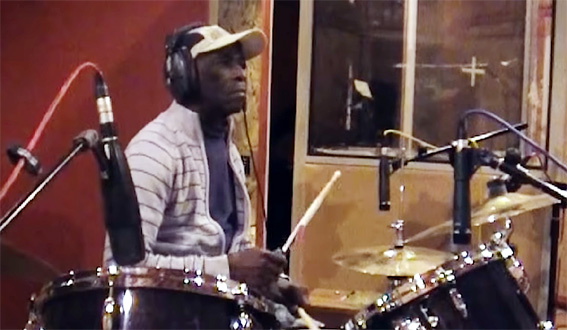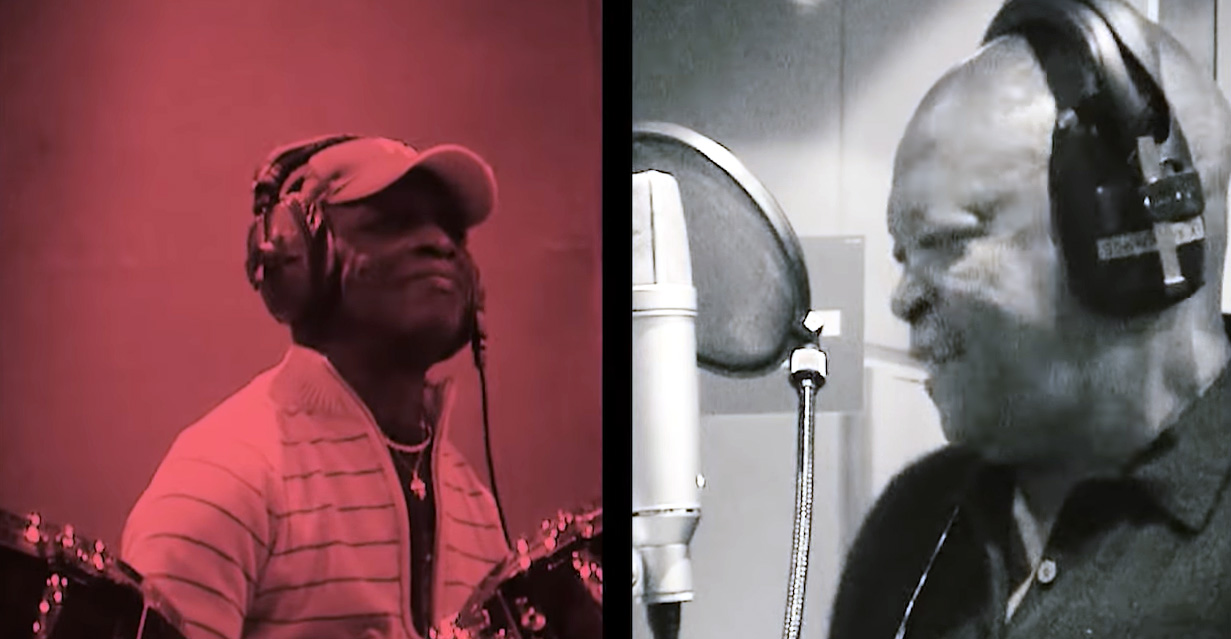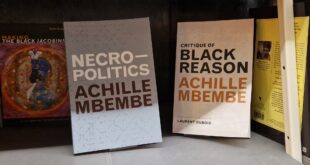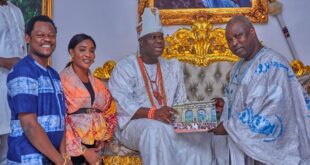Legendary Nigerian drummer and co-founder of Afrobeat, Tony Oladipo Allen, died suddenly at the age of 79 in Paris on Thursday.
The musician had suffered a sudden heart attack and was taken to hospital where he gave up the ghost, his manager, Eric Trosset, announced.
Allen was a founding member of Fela Anikulapo-Kuti’s very first band and he’s credited by no lesser a person than Fela himself that the drummer co-founded Afrobeat, a musical style that was to take Africa and the world by storm.
Allen was the drummer and musical director of Fela’s band, Africa ’70, in the 1960s and 70s, recording about 40 albums before parting ways after a 26-year collaboration in 1979. Allen blamed Fela’s “disorganisation” and debts to him as the reason for the split.

Allen formed his own group, recording No Discrimination in 1980, and performing in Lagos until emigrating to London in 1984 before later moving to Paris, where he lived and worked until his death.
Fela at every opportunity during his lifetime acknowledged the role of Allen in the emergence of Afrobeat. “Without Tony Allen, there would be no Afrobeat,” the Afrobeat king himself once said.
Even though Allen never attained the global fame of Fela, he became an icon of modern African music, collaborating with artists from all corners of the world, ranging from King Sunny Ade, Manu Dibango to Art Blakey and playing most recently as part of the The Good, the Bad and the Queen.
Tributes have been pouring in for the master drummer. “The epic Tony Allen, one of the greatest drummers to ever walk this earth has left us. What a wildman, with a massive, kind and free heart and the deepest one-of-a-kind groove,” Red Hot Chili Peppers bassist Flea commented.
Nigerian-American rapper Jidenna described Allen as “The Godfather of Afrobeat Rhythms” and said his sound changed lives.
In March 2020, Tony Allen released a new record, titled Rejoice, which he recorded in 2010 with legendary South African trumpeter Hugh Masekela, who died in early 2018.
The two world-famous musicians met in the 1970s through their mutual acquaintance Fela and had been talking about working together on an Afrobeat album for decades. When the tour plans of both musicians overlapped in Britain in 2010, the right moment finally came and the producer Nick Gold took the opportunity to record the collaboration.
The resulting unfinished sessions, which contained all of the duo’s original compositions, were stored in an archive until Masekela’s death in 2018. With the blessing and support of Masekela’s heirs, Tony Allen and producer Nick Gold dug out the original tapes with newfound passion. In summer 2019 they finished recording the album in the same London studio where it all began.

Tony Allen’s final solo album was 2016’s No Borders. A title that perhaps encapsulates his belief in the globality of music.
In one his last interviews, in 2019, the legendary drummer was asked how he felt about contemporary Nigerian music compared with what it was when he started out. He said divisions based on geographical boundaries weren’t necessary for the arts. “When it comes to music I don’t think of Nigerian music and American music or British music, I think of music. When you talk about Nigerian music, I don’t know specifically what that is. It is just music,” he added.
Allen’s career and life story were documented in his 2013 autobiography Tony Allen: Master Drummer of Afrobeat, co-written with author/musician Michael E. Veal, who previously wrote a comprehensive biography of Fela Anikulapo-Kuti.
Adira Kallo
 THE AFRICAN COURIER. Reporting Africa and its Diaspora! The African Courier is an international magazine published in Germany to report on Africa and the Diaspora African experience. The first issue of the bimonthly magazine appeared on the newsstands on 15 February 1998. The African Courier is a communication forum for European-African political, economic and cultural exchanges, and a voice for Africa in Europe.
THE AFRICAN COURIER. Reporting Africa and its Diaspora! The African Courier is an international magazine published in Germany to report on Africa and the Diaspora African experience. The first issue of the bimonthly magazine appeared on the newsstands on 15 February 1998. The African Courier is a communication forum for European-African political, economic and cultural exchanges, and a voice for Africa in Europe.
















